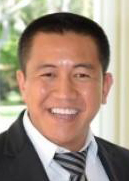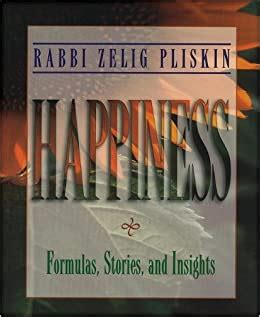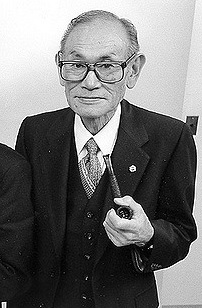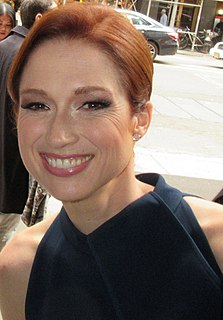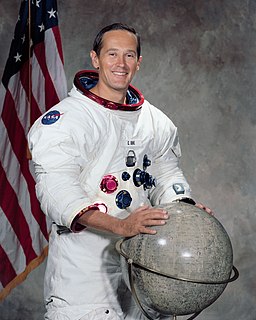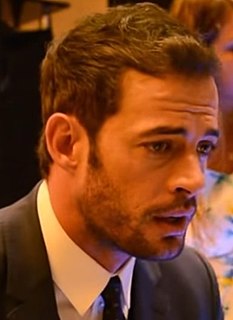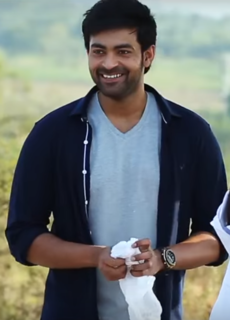A Quote by Anh Do
At Easter the family got together and we were giving one of my uncles a hard time about watching scary films because on the boat leaving Vietnam, when we were attacked by pirates, he wet his pants.
Related Quotes
From a young age, [James Baldwin] was watching all those different films. He's watching John Wayne killing off the Indians. He came to the point that the Indians were him. You had to educate yourself because the movies were not educating you. The movies were giving you a reflection of you that was not the truth. That's the trick. The movie was also giving a reflection of what the country is. Basically, a country that wanted itself to be innocent. That's the ambivalence of Hollywood.
[It is hard to know what is good luck and what isn't and therefore whether we should be happy or sad about it. Only time will tell. For example...] The Talmud relates a story about two people who wanted to travel by boat. One broke his foot and was unable to make the trip, while his friend got on the boat. The one who missed the boat cursed his misfortune. A few days later, however, he heard that the boat sank and all the passengers drowned.
My agent called and said, 'How do you feel about a pirate movie? I mean, how often are you going to get that call? It's sort of the singularly most failed genre of our time, but I thought it had to be attempted one more time. I think there's something rebellious about pirates, something revolutionary about them. They came out of a time when things were oppressive; you could get hung for stealing a loaf of bread. For me, the Pirates films are about when it's right to break the rules to achieve what you want.
In the '60s and '70s it was a great period for American films because studios were still run by individuals who worked off the seat of their pants and went along with things. At that time, they were very uncertain about what to make because of the influence of television. A lot of really terrific movies were made. But then the studios gradually became more corporate and were owned by corporations and run in that way and now they're very nervous. You see what they make - sequels, franchises and try not to take risks.
Being raised on a boat felt like it was totally normal to me. I was just another kid hanging out, doing this and that. My girlfriend and I had a funny period of time where I was always wanting to hug her all the time. I looked at my brother and he's the same way. It wasn't that our family was necessarily more affectionate than others. It was that we were basically sitting on top of each other, or side by side squished in together all the time. Because the boat was that small. It became part of our nature to be close to people.
The only time I had what you would call life-threatening fear was when I was on the Moon. Towards the end of our stay, we got excited and we were going to do the high jump, and I jumped and fell over backwards. That was a scary time, because if the backpack got broken, I would have had it. But everything held together.
No liberal newspaper ever talked about the invasion of Vietnam; they talked about the defense of Vietnam. And then they were saying, "well, it's not going well." Ok, that make them liberal. It's like, it's if we were to say, that going back to, say, Nazi Germany, that Hitler's general staff was liberal after Stalingrad because they were criticizing his tactics: "It was a mistake to fight a two front war, we should've knocked off Englad first," or something.
I wrote, I think, half a dozen films that were completely out of genre. Comedies, love stories, even one serious film about Vietnam, and we couldn't get backing for any of it. And we both sort of drifted from making, at that time, serious money on Last House to going through it all in the course of almost three years and only getting offers to do something scary again.
